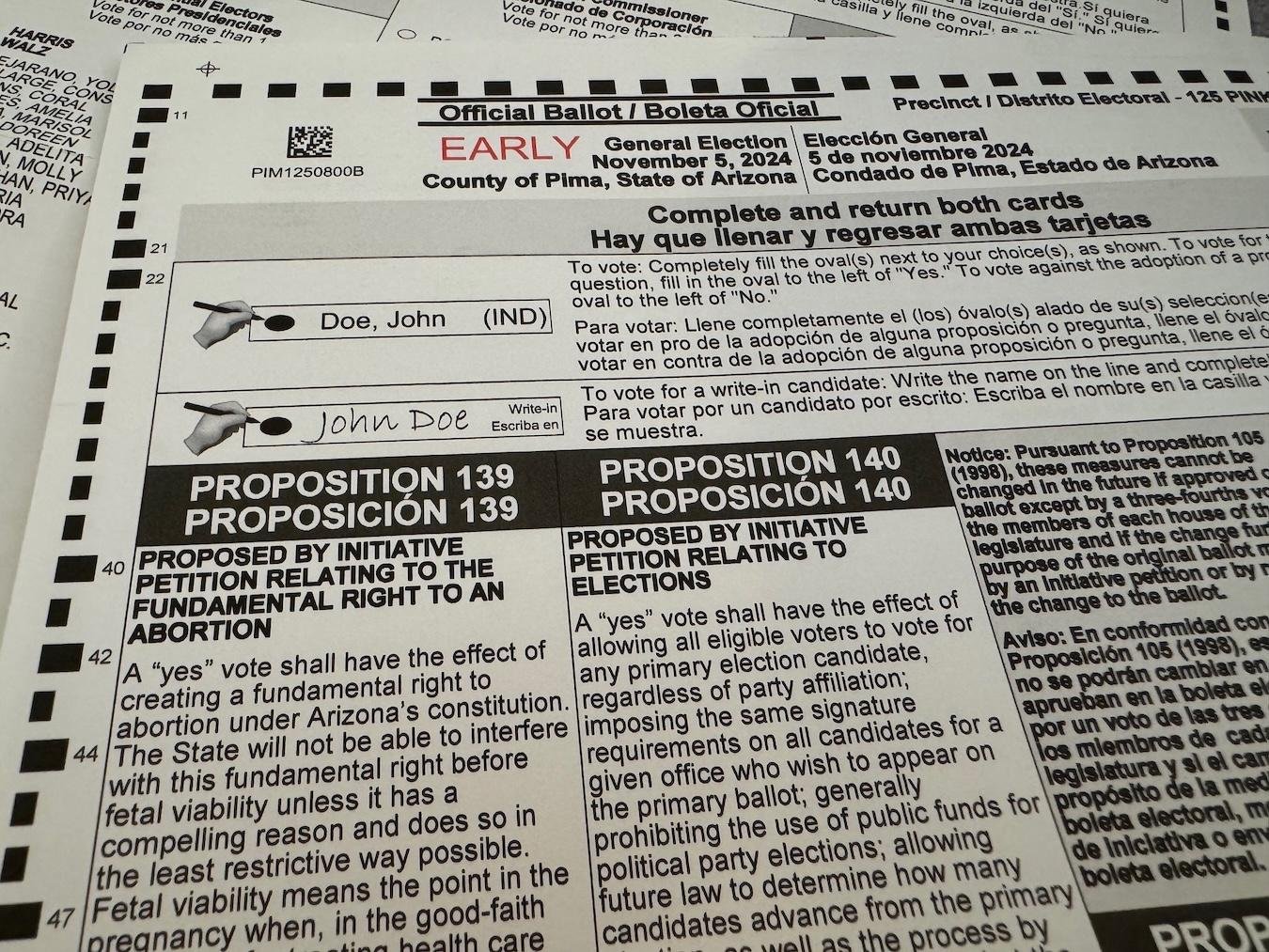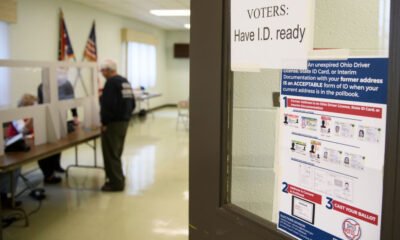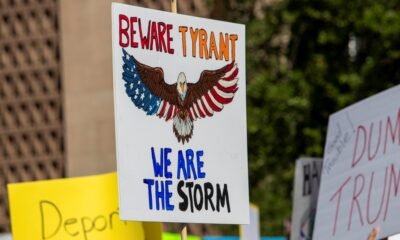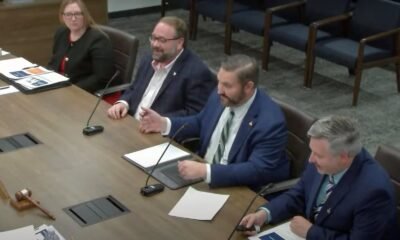arizona
Blue States Block Trump’s Election Overhaul Attempt

A federal judge has issued a preliminary injunction blocking key aspects of an executive order by President Donald Trump that aimed to reform federal elections. U.S. District Judge Denise Casper ruled on Friday, stating the order could lead to widespread “chaos and confusion” in voting procedures.
The decision follows a lawsuit filed by 19 states that argued Trump’s directive overstepped his authority and threatened to disenfranchise voters. These states, which include California, Arizona, and Massachusetts, expressed concerns about the potential ramifications of requiring voters to provide proof of citizenship and barring the counting of ballots received after Election Day.
Judge Casper emphasized that these provisions could significantly inhibit voter registration and participation, which runs counter to congressional efforts to expand voting rights. She underscored that the Constitution grants Congress—not the executive—control over federal elections.
The ruling highlighted potential disparities, noting that the order could disproportionately impact Black and low-income Americans. Statistics show that approximately half of Americans do not own a passport, a requirement under the executive order, a situation that may further hinder eligible voters.
Casper elaborated that the expectation of requiring documentary proof of citizenship could discourage many from registering to vote, resulting in harm to the states. Additionally, the mandated deadline for ballot receipt by Election Day would impose logistical burdens, forcing states to redirect resources away from essential election preparations.
Illinois indicated that it would need to hire at least 100 additional staff members to adapt, while Nevada and Vermont voiced the necessity for public education campaigns to inform citizens of the changes. The states argued that these adjustments would distract election officials from critical tasks, risking the integrity of upcoming elections.
The Trump administration’s threat to withdraw federal funding from non-compliant states was also deemed unconstitutional by Casper. She noted that federal statutes only require that ballots be cast by Election Day, not necessarily received by that time.
In her ruling, Casper affirmed that the contested requirements could undermine public confidence in the electoral process. This ruling is particularly significant as it is the second instance of a federal judge intervening against Trump’s executive action—another ruling in Washington, D.C., similarly halted heightened proof of citizenship requirements.
As various legal challenges continue to pile up against this controversial executive order, the legal fight over election integrity shows no signs of abating.


















